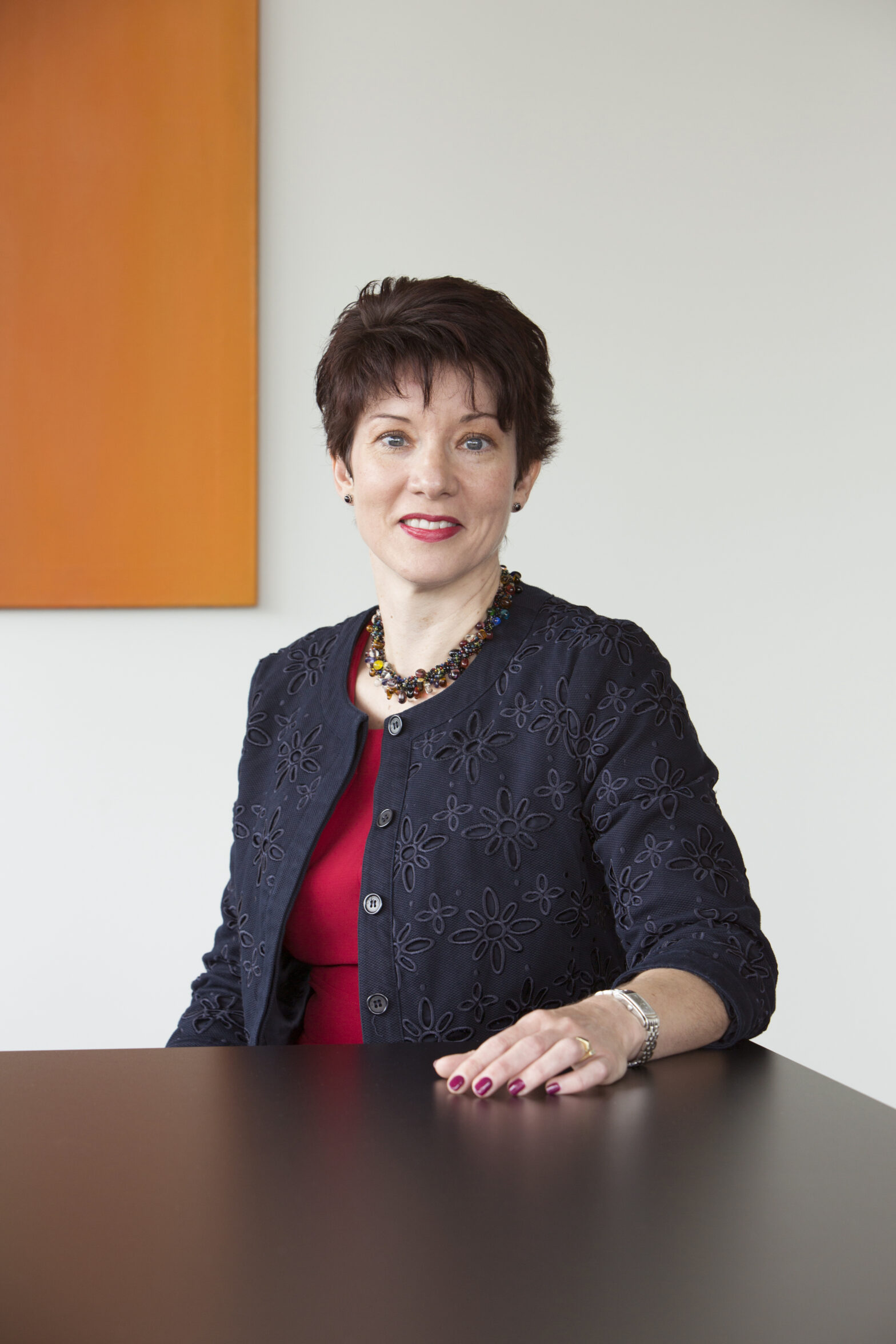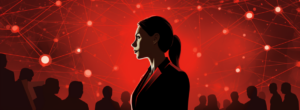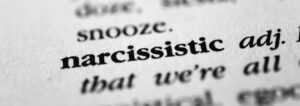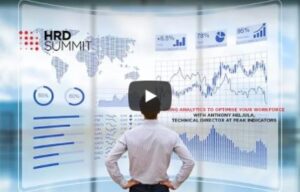Interview with Talita Ferreira: Authenticity and building the workforce of 2020
- 6 Min Read
Today’s increased interconnectivity and an ever-accelerating rate of technological innovation calls upon a host of new skills, talents and capabilities from the future workforce. However, the anxiety brought on by this very connectedness and the demands of modern life could stymie progress. According to Talita Ferreira, former CFO of BMW UK and founder and CEO […]
- Author: HRD Connect
- Date published: Apr 4, 2017
- Categories

Today’s increased interconnectivity and an ever-accelerating rate of technological innovation calls upon a host of new skills, talents and capabilities from the future workforce.
However, the anxiety brought on by this very connectedness and the demands of modern life could stymie progress.
According to Talita Ferreira, former CFO of BMW UK and founder and CEO of HR consultancy Authentic Change Solutions, embracing authenticity is key to creating happier, more creative and productive individuals.
We caught up with Ferreira for a chat about her research into authenticity and its importance in building the workforces of tomorrow.
Status: Anxiety
Blame it on the smartphone.
Once discrete parts of our lives – social, work, family – have been jammed together on a single device that manages it all. The result? We’re confronted by all of the different modes of being, or personas, we inhabit at different points of every day.
“Traditionally, it was very possible to keep the different parts of your life quite separate,” says Ferreira. “But now we have smartphones, and everything is integrated on one device; it’s not so possible to change personas all the time.”
According to Ferreira, this causes a lot of underlying stress. “The problem with society is that people have put on different personas,” she says. “I think that if you want to be the best version of yourself, then you need to be the same everywhere.”
While the practice in some businesses may be to encourage individuals to change the way they operate in order to fit in, Ferreira warns against this. “How do you get real intellectual diversity if you want everyone to be the same?”
Intellectual diversity will be crucial for teams tackling the problems of tomorrow. HR leaders will need to harness the world’s talent, which can only be achieved if there’s a strong showing from all genders.
The future is female
This theme of anxiety has also emerged in the research of John Gerzema and Michael D’Antonio, co-authors of The Athena Doctrine. According to Gerzema and D’Antonio, many of us are living in a state of ‘extended anxiety’, and feel that the world is becoming less fair.
When it comes to gender, this feeling of unfairness is backed up by research: in its Global Gender Gap Report 2016, the World Economic Forum found that we’re 170 years away from gender equality, and that this gap, once gradually narrowing, is now getting larger again.
However, it is the leaders who exhibit more ‘feminine’ traits, such as flexibility, intuitiveness and perceptiveness that will stand us in better stead, according to Gerzema and D’Antonio. “The essence of a modern leader is feminine, as preferred by people around the world,” Gerzema said in a TEDx Talk in 2012. “Femininity is the operating system of the 21st century.”
Ferreira agrees: “What we need from leaders is changing,” she says. In fact, some of the human traits named as more feminine do align closely with authenticity, including ‘empathetic’ and ‘expressive’, while masculine traits, including ‘restrained’ and ‘unapproachable’ don’t as much.
But Ferreira is loath to brand this as a battle of the sexes, preferring to refer to it as a “battle of the inner beast”.
“I think that the behaviours that we have today are very ego-driven, very competitive; [and there is a tendency] to hide what your limiting beliefs are. If you have an underlying belief that you’re not good enough, or that you might fail, you hide it through layers of pretending,” she says.
This is the antithesis of authenticity, and makes it tougher to cope with any change – and we’ve experienced much change in the last 12 months.
Significant shifts in the political landscape have proven challenging for businesses, Ferreira says. But by embracing authenticity it’s possible to cope with change, and the challenges it presents.
“But when you’re fearful, and living in a state of ‘I’m trying to control my environment, I’m trying not to be exposed,’ then you will be fearful of any change,” she explains.
Rise of the machines
What will the working world look like in the near future? According to the World Economic Forum, by 2020, more than a third of the skills we consider important in today’s workforce will have changed. Advances in robotics, autonomous transport, and artificial intelligence and machine learning are driving a change to how we live and work.
Indeed, the robots are taking over… the menial tasks. Along with AI, they’re already making us more efficient in many areas, but aren’t (yet) capable of creativity, which we need in order to solve the toughest problems.
However, Ferreira says, outsourcing mechanistic jobs to the robots frees us up to do more creative thinking, and create powerful teams.
“You can focus on the things that are really important. So many leaders today spend so much time on all the analytical things,” Ferreira says. Now, they can spend that time leading.
We’re recognising the importance of professional skills that are more ‘human’. In 2015, the World Economic Forum asked chief HR and strategy officers from global employers how they thought the changing world would affect employment and recruitment in a range of industries, to create a top 10 list of skills for professional life in 2015 and 2020. The results are dramatic.
It’s the ‘human’ skills that have moved up, or taken the place of other skills, in the top 10 for 2020; emotional intelligence, which did not appear in the top 10 in 2015, was deemed the sixth most important skill for the workforce in 2020. Cognitive flexibility is also a new addition to the top 10, taking the tenth position.
Most notably, creativity, which in 2015 came in as the tenth most important skill, is predicted to be the third most important in 2020.
“That’s what will differentiate us from artificial intelligence,” Ferreira says. “Our empathy, our cognitive abilities, and our emotional intelligence.”
2020 vision
So how can HR leaders build workforces that are ready for 2020?
“HR people have the ability to change organisational culture, and to create this new breed of leaders,” Ferreira says. “If we need leaders, and all the research is showing it – The Athena Doctrine is showing it, the World Economic Forum’s [The Future of Jobs] report is showing [it].
“The ones that are defining in their creativity, in their emotional intelligence, cognitive flexibility… as the world changes so fast, HR is where you develop the leaders.”
Underpinning this ability to take on tomorrow’s challenges is authenticity – allowing people to be themselves, and ensuring everyone has a seat at the table.
To improve employee engagement and motivation in organisations today, Ferreira concludes: “Create cultures where people can be themselves, and where they can really tell you what they think, without being fearful.”








